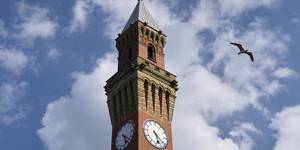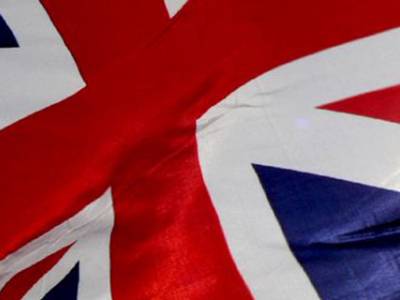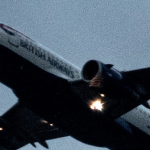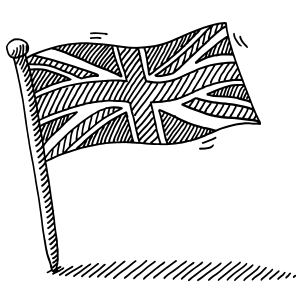Work experience is a crucial component of any MBA. The mantra of the degree is that one learns just as much from the peers as the professors.
The average number of years of work experience accrued by students at many top business schools in the UK is between seven and 10. At Warwick Business School, one of Britain’s best, the average work experience is a lofty eight years, for example. At Cass Business School in London, the average is seven years.
High work experience requirements can hamstring those who are earlier in their careers, or indeed have taken breaks due to family or other commitments. But fortunately, there are plenty of top UK business schools that do not ask for masses of work experience, and whose cohorts are not so mature.
After all, work experience is far from the only determinant of applicant quality.

You would need no further evidence of this than the UK’s prestigious London Business School. The institution’s full-time MBA has been ranked as the fourth best globally over the past three years, according to the Financial Times. Yet the school’s MBA cohort that will graduate in 2020 has just 5.5 years’ work experience, on average. Not that this has dampened the quality of the class; 64 nationalities are represented and the average GMAT (standardized test) score is an impressive 708.
View School Profile
Not far from LBS, both in terms of location and arguably quality, is the University of Cambridge’s Judge Business School. The average years of work experience of the MBA cohort is just six — at the top end, but still a good option given the quality of the course. The Cambridge MBA is ranked sixth in Bloomberg BusinessWeek’s international MBA ranking of non-US schools.
View School Profile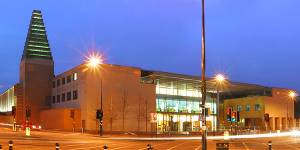
Completing the trifecta of arguably Britain’s best business schools is Saïd at the University of Oxford, one of the oldest and most respected universities in the world. MBAs there have just five years’ experience, on average. Saïd was ranked even higher than Cambridge by Bloomberg, at number four among schools outside the US.
View School Profile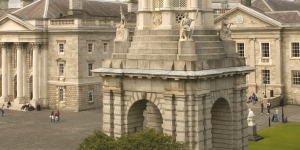
Outside of England, Dublin’s Trinity College Business School is well-regarded. Trinity College is considered to be among the best, if not the best, school in Ireland. Yet for entry to its MBA, the minimum number of years of work experience is between three and five. At €34,500, the course is also very affordable.
View School Profile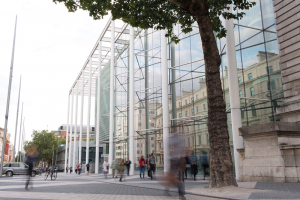
Imperial College Business School is also well-known at home and abroad. The UK school’s MBA cohort has an average of six years’ professional experience. Forbes ranked Imperial 13th among schools offering international, one-year MBA programs. According to Forbes, the school offers a five-year MBA gain of $73,000 — total compensation minus tuition, fees and forgone salary to get the degree.
View School Profile
Further north in the UK, Durham University Business School is also a solid option. The school’s full-time MBA was ranked by The Economist as Britain’s fifth best. Durham requires that MBA applicants only have three years’ continuous post-graduation work experience to apply for the prestigious program.
View School ProfileHenley is lower ranked than the aforementioned UK business schools, but with a requirement that would-be MBAs have just three years of work experience, it’s a solid option for those still early in their career. Henley is fifth in the UK behind Durham, according to The Economist. The ranking noted that Henley’s career services are second-to-none, with good employment outcomes for the MBA graduates.
View School Profile
This UK-based business school asks for only three years’ work experience to get into its MBA, which was ranked reasonably well by the FT, 61st globally. Some 91 percent of the graduates are employed at the three month mark, netting an average salary of $122,184, which is a 72 percent pay rise compared with the average pre-MBA salary.
View School Profile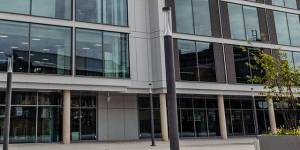
To get into Bath’s MBA, you’ll only need three years of professional work experience. The Economist ranked the school eighth in the UK, while the FT also counts Bath among the best-100 business schools globally. An impressive 100 percent of MBAs are employed within three months of donning their graduation caps, boosting their salaries by 66 percent to $93,461. Because Bath’s MBA costs just £37,500, and students spend just one year out of the workforce, the return on investment would appear to be quite high indeed.
View School Profile
Likewise, Strathclyde asks for only three years’ experience for entry to the program. The Scottish-based business school was placed ninth in the UK by The Economist. What’s more, the school is one of only one percent worldwide to hold the “triple crown” accreditation of AACSB, AMBA and EQUIS, which all ensure quality standards.
View School ProfileRelated MBA News
FIND MBA Updates Top 10 Lists by Specialization for 2020
May 26, 2020
Related Articles
UK Business Schools Bullish On Future After Brexit
Jan 28, 2020
With a more liberal visa regime coming into force, UK schools have many reasons to be cheerful heading into 2020
MBA School Choice: Imperial Vs. Warwick
Jun 03, 2019
Both schools have stand-out global reputations and places in rankings, but what should MBA aspirants consider when weighing up their choices?

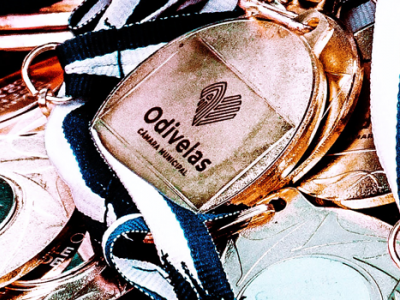
-567a7.jpeg)

